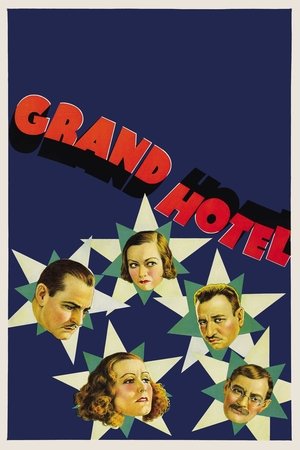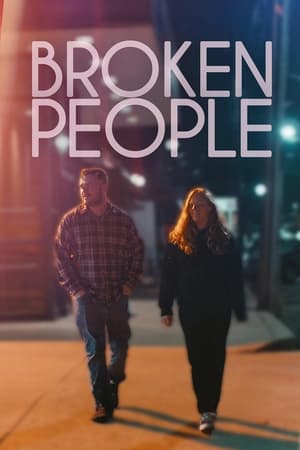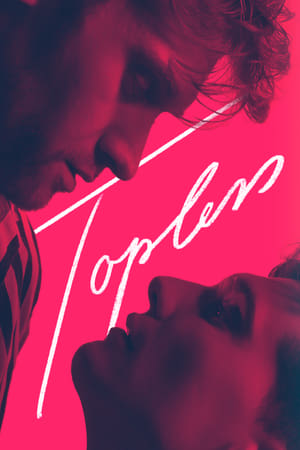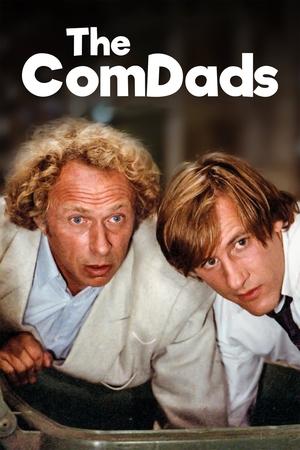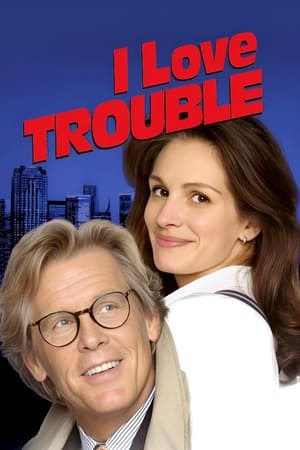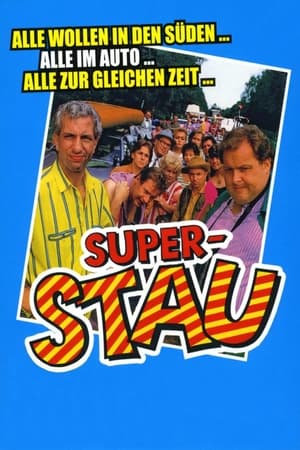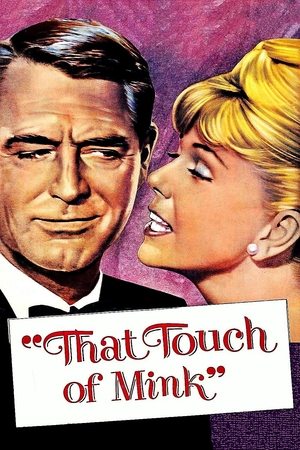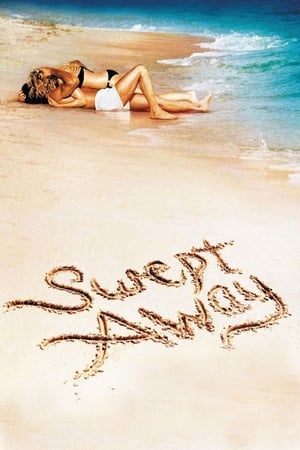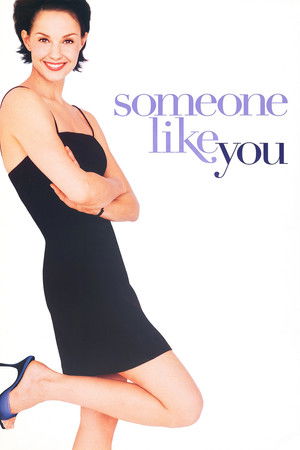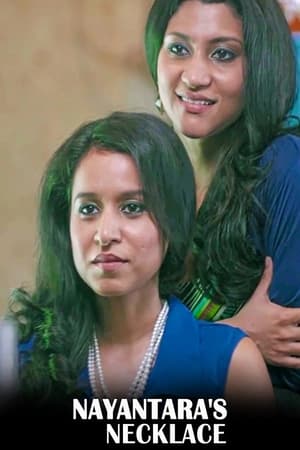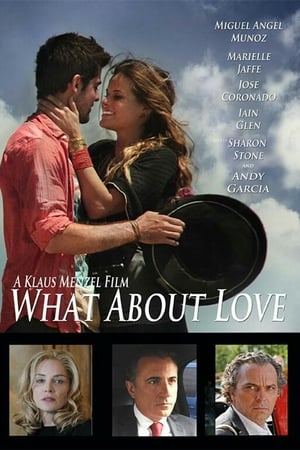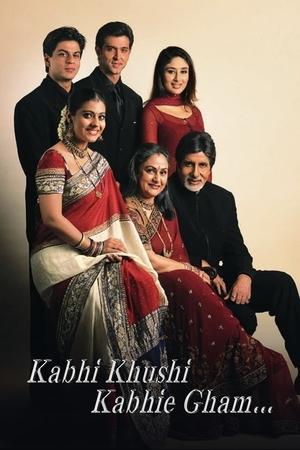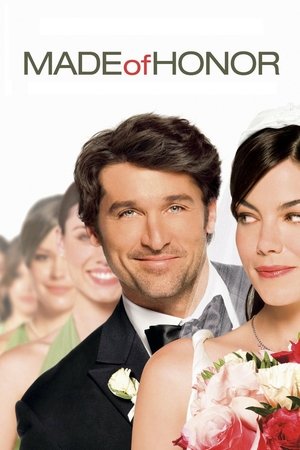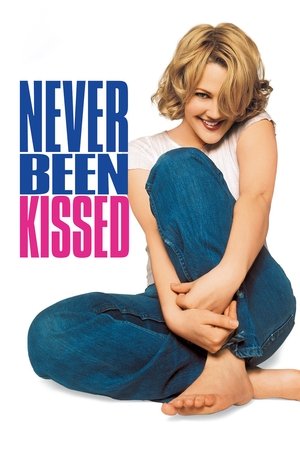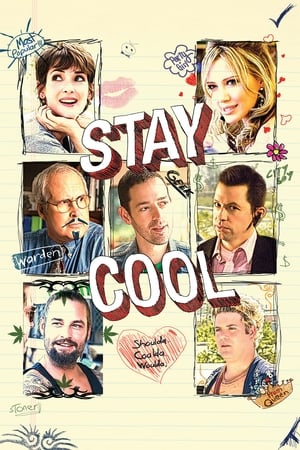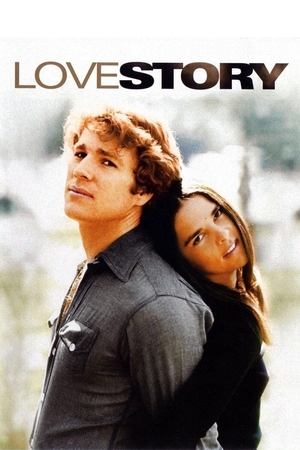Overview
Willy, the son of baron Van Hergershuizen, finds himself disinherited after he marries an untitled girl. His wife decides to take action and applies for the job of the baron's housekeeper.
Reviews
To say Dutch audiences in the 30s loved **_De Kribbebijter_** would be an understatement: the movie stayed in theaters from july 1935 to december 1942, packing full houses until the very end of its run.
International critics seemed not to understand what exactly made this Dutch comedy so special, but when one takes a closer look at the cinematic climate in the Netherlands in those days, they will find that the Kribbebijter-madness made perfect sense.
In the mid-thirties, the most popular movie genre in the Netherlands was that of the so-called _'Jordaan-film'_; jolly musicals with a simple, predictable plot and catchy songs, always set in the Amsterdam 'Jordaan' area and often starring Dutch variety icons like Louis Davids, Fien de la Mar and Sylvain Poons.
But even though films like _De Jantjes_, _Bleeke Bet_ and _Het Leven is Niet Zoo Kwaad_ were enjoyable and full of talented performers, the Jordaan-films were also very much seen as a crowd-pleasing, often clumsily made cinematic equivalent of junkfood.
Hollywood movies on the other hand were often too melodramatic and self-important to please the phlegmatic Dutch (_Doe maar gewoon, dan doe je al gek genoeg..._).
By 1935, Jordaan-film-fatigue was setting in — the last true Jordaan film, _Oranje Hein_, would be released in 1936 — and Dutch audiences were longing for something closer to the coherent plot structures of Hollywood, but with that unmistakably Dutch combination of abstemious downplaying and theatrical folly.
What they got was **_De Kribbebijter_**. Needless to say, they were pleased.
While retaining the romantic entanglements of the Jordaan-films, the storyline of De Kribbebijter has an un-Dutch sense of coherence; it does not derive its jolly fun from intermezzo's or random jokes, but rather from cleverly written setpieces and inspired comedic performances by theatre powerhouses Cor Ruys, Louis de Bree and Louis Borel especially. The acting is — apart from an astoundingly hammy Mary Dresselhuys — not as wacky as the Jordaan-films, and not nearly as melodramatic and overly sentimental as most 30s Hollywood productions. Visually and technically the directing is so-so, but unlike most Dutch movies at the time, the camera was dynamic enough not to make it feel like filmed theatre.
In short: **_De Kribbebijter_** is a unique picture; unique in being very Dutch in its approach, but also very non-Dutch in its execution.
It's a movie I enjoyed immensely, and I hope a subtitled version will be released soon so foreign cinephiles can enjoy it as well!

 86 min
86 min
 9.5
9.5
 1935
1935
 Netherlands
Netherlands
 Goran.Mont wrote:
Goran.Mont wrote: